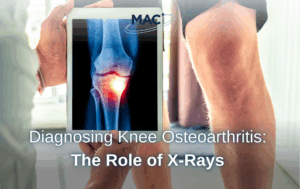Stress is a normal part of daily life, something we all experience in certain circumstances. In short, manageable bursts, it is a healthy and normal physiological response. Not only does it help us be more productive, but it can bring awareness to a potential threat in our environment that needs addressing. However, ongoing chronic stress that isn’t appropriately dealt with can have profound effects on both our physical and mental wellbeing.
From hindering cognitive function to triggering depression, anxiety, or obsessive-compulsive disorder, the toll on the mind can be significant. Moreover, stress can exacerbate existing medical conditions, ranging from cardiovascular issues to gastrointestinal disorders, highlighting the urgent need for awareness and management.
Take our 1-minute stress quiz below to explore the multifaceted effects of stress and learn valuable insights for a healthier, more balanced life.
Answer each question honestly by choosing the option that best describes your current situation or feelings. Your result will be displayed at the end to estimate your stress level.
Please note that this quiz is for informational purposes only and is not a substitute for professional medical advice or diagnosis. If you are experiencing severe stress or mental health issues, please seek help from a qualified healthcare provider.
Here at MAC Clinical Research, we are committed to improving quality of life through the transformative power of clinical trials. We are running a number of clinical trials in a range of therapy areas, including mental and physical health, many of which can be exacerbated by stress.
If you’d like to join those who have already registered and help shape the future of healthcare, register your interest to join our database of clinical trial volunteers via our register your interest page. With your participation, you may be able to contribute to scientific research and may receive payment for your time and commitment.






